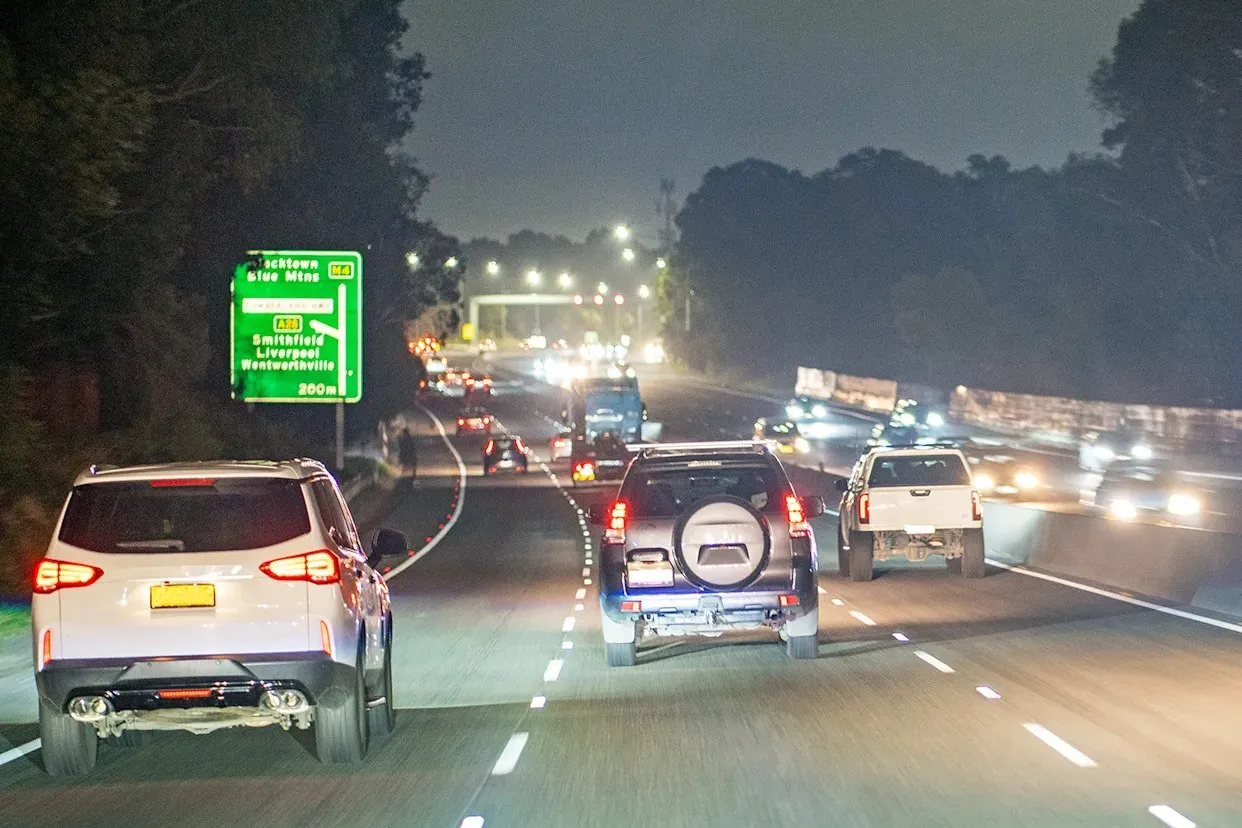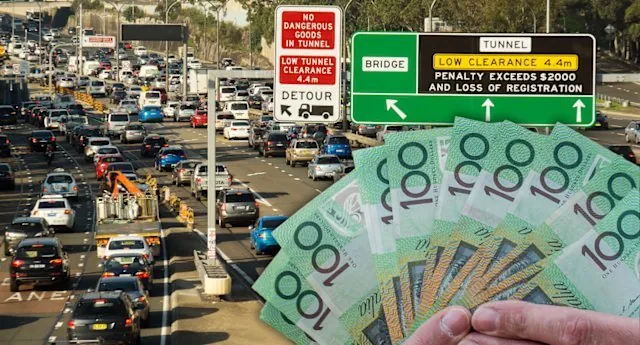Aussie Drivers to Cop $2.7 Billion Bill as Government’s ‘Aggressive’ EV Push Sparks Car Price Hikes
- Car prices set to skyrocket as Federal Government’s new vehicle efficiency scheme slugs automakers $2.7 billion in fines by 2030
- Industry leaders warn the bill will be passed on to consumers, with even hybrids to be penalised and prices hiked
- Experts fear the unintended consequence of people keeping older vehicles on the road longer, making emissions worse
In a move that’s set to send shockwaves through the motoring industry, the Federal Government’s new vehicle efficiency scheme is forecast to slug automakers a whopping $2.7 billion in fines by 2030 – and it’s Aussie drivers who will ultimately foot the bill.
The New Vehicle Efficiency Standards (NVES), which came into effect on July 1, sets carbon limits across every carmaker’s fleet, with models that sit under the target earning credits and higher-emitting cars incurring penalties. If automakers fail to meet these new rules, they’ll face steep fines – costs that will likely be passed onto buyers.
In a stark warning, Honda Australia chief executive Jay Joseph revealed that even hybrids, once seen as an affordable option for environmentally-conscious drivers, would soon be penalised and automakers would be forced to raise prices. “Most hybrids, we believe, including ours, will start to be above the compliance threshold next July,” he said.
“We want to minimise how much we pass that along to consumers, but at some point we can’t bear those costs without passing them on to consumers.” Ford has already slapped buyers with a $5,000 price rise on the Mustang, directly blaming NVES for the cost.

Subaru has resisted hikes for now, but managing director Scott Lawrence said in July that the future was uncertain. “I won’t comment on the market outlook,” he said. “Look, we’ve not lifted prices. I can’t really speak to the future of price moves. Certainly, our intent is to have a product-first strategy, to make sure the product is right for consumers.”
Former Mitsubishi Motors boss Shaun Westcott also sounded the alarm earlier this year, saying Australian showrooms were “brimming with EVs that people did not want” and arguing Labor’s targets were “too aggressive”.
As Honda’s boss Jay Joseph warned, the unintended consequence could actually make emissions worse. “I believe there’s a very real cost, real unintended consequence, of people keeping older vehicles on the road longer, which is counter-productive to reducing emissions,” he said.
“Older vehicles, by their nature, have more emissions. They don’t have the modern emissions technology, not to mention the safety features and other things that benefit all road users.”
Despite the backlash, Climate and Energy Minister Chris Bowen has defended NVES as essential to stop Australia becoming “a dumping ground” for high-polluting models. Bowen believes the new policy will bring the nation “into line with the rest of the world”.

